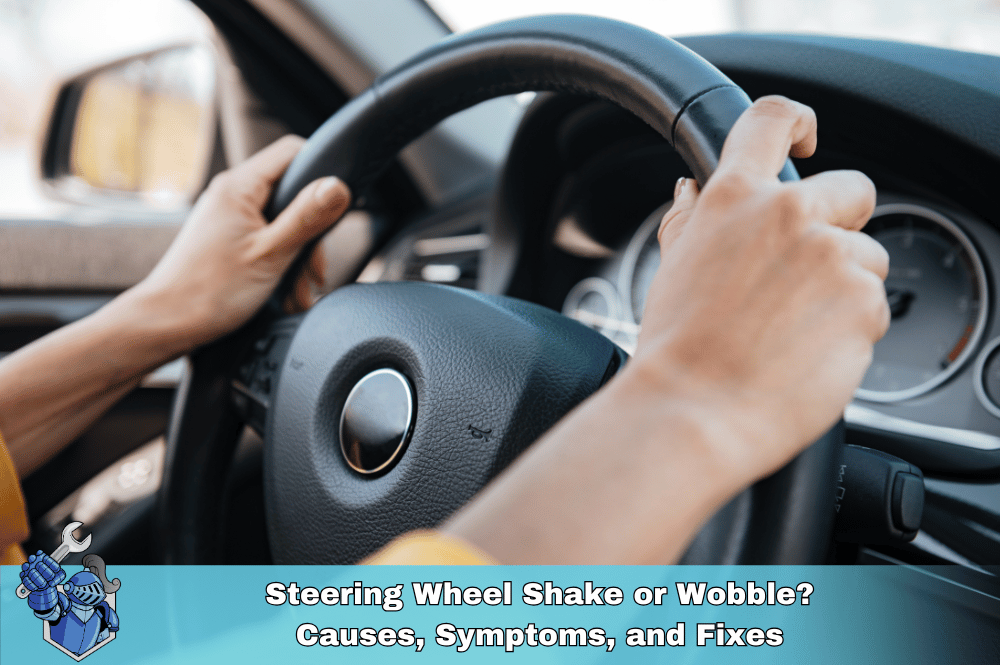The most common causes include leaks (from corrosion, cracks, or loose hoses), clogs (from rust or debris buildup), and a faulty thermostat.
A car's radiator is a crucial component of the engine's cooling system, responsible for dissipating heat and ensuring the engine runs at optimal temperatures. When a radiator fails, it can lead to severe engine damage, overheating, and costly repairs. Understanding why radiators fail, how to prevent such issues, and what to do if a failure occurs is essential for every car owner. In this comprehensive guide, we will explore the common reasons for radiator failure, how to identify symptoms of a bad car radiator, and ways to protect your vehicle, including the benefits of an extended car warranty.
What Does a Car Radiator Do?
A car radiator plays a vital role in keeping the engine cool. It circulates coolant through the engine, absorbing heat and transferring it to the radiator, where it is cooled down before being recirculated. The radiator consists of several key components, including tubes, fins, a radiator cap, and a thermostat. Each part works together to maintain the engine's temperature within a safe range, preventing overheating and damage.
Common Causes of Car Radiator Failure
- Corrosion and Rust: Over time, corrosion and rust can build up inside the radiator, clogging the tubes and impeding coolant flow. This can be caused by old coolant, which loses its effectiveness, or by using the wrong type of coolant. The best coolant for car radiators is usually specified in the car’s owner manual, and it is crucial to use the correct one to prevent corrosion.
- Leaks: Radiator leaks are a common issue that can result from corrosion, physical damage, or deteriorating seals and gaskets. The cost to fix a car radiator leak can vary significantly depending on the extent of the damage, but ignoring a leak can lead to more severe problems. Leaks cause the coolant level to drop, which can lead to overheating.
- Clogs and Blockages: Debris, dirt, and sludge can accumulate inside the radiator, leading to clogs. A car radiator flush can help remove these blockages and restore the radiator’s efficiency. Regular maintenance, including checking the radiator fluid color and consistency, can prevent clogs from becoming severe.
- Physical Damage: Rocks, debris, or accidents can cause physical damage to the radiator. This damage can create holes or punctures, leading to coolant leaks. The car radiator replacement cost can be high, especially if the damage is extensive and requires replacing not just the radiator but also other components of the cooling system.
- Faulty Thermostat: The thermostat regulates the flow of coolant through the engine. If it gets stuck closed, it can prevent the coolant from flowing properly, causing the engine to overheat. Regular checks and replacing a faulty thermostat can help prevent this issue.
Symptoms of a Bad Car Radiator
Identifying the symptoms of a failing radiator early can save you from costly repairs. Here are some common signs to look out for:
- Overheating Engine: One of the most apparent symptoms is an overheating engine. If the temperature gauge on your dashboard shows a high reading, it could indicate a radiator issue.
- Coolant Leaks: Puddles of green, yellow, or orange fluid under your car may indicate a coolant leak from the radiator. This is a sign that should never be ignored.
- Low Coolant Levels: Frequently needing to top off the coolant may indicate a leak or other issues with the radiator.
- Rust and Discoloration: Rust or discoloration on the radiator or around the radiator cap can indicate corrosion and potential leaks.
- Sludge in the Radiator: A thick, muddy substance in the radiator or coolant reservoir indicates contamination, which can block the radiator and lead to overheating.
- Steam from the Hood: If you see steam coming from under the hood, it's a sign that the engine is overheating, possibly due to a faulty radiator.
How Long Does a Car Radiator Last?
The lifespan of a car radiator can vary depending on factors like driving conditions, maintenance practices, and the quality of the radiator and coolant used. On average, a car radiator can last between 8 to 10 years. Regular maintenance, such as performing a car radiator flush every two years and using the best coolant for your car, can help extend its lifespan.
Can You Drive with a Bad Radiator?
Driving with a bad radiator is not recommended, as it can lead to severe engine damage. If your radiator is failing, it's best to have it inspected and repaired immediately. Continuing to drive with a bad radiator can cause the engine to overheat, leading to a blown head gasket, warped engine components, and potentially catastrophic engine failure. In such cases, the cost to replace the car radiator will be significantly lower than repairing or replacing an entire engine.
Preventing Car Radiator Problems
- Regular Maintenance: Regular maintenance is key to preventing radiator problems. This includes checking coolant levels, performing radiator flushes, and inspecting the radiator for any signs of damage or leaks.
- Using the Right Coolant: Always use the manufacturer-recommended coolant for your vehicle. The wrong type of coolant can cause corrosion and reduce the radiator's efficiency.
- Check for Leaks: Regularly check under your car for any signs of coolant leaks. If you notice puddles of coolant, have your car inspected immediately.
- Monitor Temperature Gauge: Keep an eye on your car's temperature gauge. If it consistently shows a higher temperature, it could indicate a radiator problem.
- Routine Inspections: Have your radiator inspected during regular vehicle maintenance. A professional mechanic can perform a car radiator pressure test to identify any potential issues before they become severe.
Extended Warranty for Car Radiators
Radiator issues can be expensive to repair, and many drivers wonder if their car radiator replacement is covered by warranty. While the original factory warranty might cover radiator repairs or replacements within a limited time frame, it often expires after a few years. An extended car warranty can offer additional peace of mind by covering repair costs related to the radiator and other essential components.
With an extended warranty quote from NobleQuote, you can find coverage that fits your needs, whether it's protecting your car radiator or other critical parts like the engine and transmission. Investing in an auto warranty quote not only helps with unexpected repairs but also ensures your vehicle receives timely maintenance, keeping it in optimal condition.
Learn More About Radiator Maintenance and Extended Warranties
For more information on maintaining your car’s radiator and the benefits of extended warranties, visit NobleQuote’s Learning Center. Our comprehensive resources will help you make informed decisions about protecting your vehicle and avoiding costly repairs.
Conclusion
Understanding the critical role of your car radiator and how to maintain it is essential for every vehicle owner. By following proper maintenance practices and considering an extended warranty quote, you can avoid costly repairs and ensure your vehicle runs smoothly for years to come. For more tips and resources on car maintenance and warranty options, visit NobleQuote’s Learning Center and get a personalized auto warranty quote to protect your investment.
These strategies and insights will help you avoid radiator problems, save money, and keep your car in top shape. If you're considering protection options, remember that NobleQuote is here to offer peace of mind with comprehensive coverage plans tailored to your needs.
Radiator Worries? Get Your Questions Answered
What are the most common causes of radiator failure?
What are the signs that my radiator might be failing?
Look out for overheating engine, low coolant levels, leaks under the car, sweet-smelling steam from the engine bay, or a heater that's not working properly.
How often should I check my coolant level?
It's recommended to check your coolant level at least once a month, or more frequently during hot weather or if you notice any signs of trouble.
Can I drive my car with a leaky radiator?
No, driving with a leaky radiator can cause your engine to overheat, leading to severe damage. It's best to have it repaired or replaced as soon as possible.
How can I prevent my radiator from failing?
Regular maintenance is key. This includes flushing and refilling the coolant according to your car's maintenance schedule, inspecting for leaks, and replacing worn hoses or clamps.
What is the difference between coolant and antifreeze?
Coolant is a mixture of antifreeze and water. Antifreeze prevents the coolant from freezing in cold weather and boiling in hot weather, while also providing corrosion protection.
Can I use any type of coolant in my car?
No, it's important to use the correct type of coolant specified in your car's owner's manual. Using the wrong type can cause damage to your cooling system.
How much does it cost to repair or replace a radiator?
The cost varies depending on the make and model of your car and the extent of the damage. Repairs can range from a few hundred dollars to over a thousand, while a full replacement can cost even more.
What should I do if my car overheats?
Pull over to a safe location as soon as possible, turn off the engine, and let it cool down. Do not open the radiator cap while it's hot. Once it's cool, check the coolant level and add more if needed. If the overheating persists, call a tow truck.
Can I fix a radiator leak myself?
Minor leaks can sometimes be temporarily fixed with stop-leak products, but it's best to have a professional mechanic diagnose and repair the problem for a long-term solution.
Suggestions for you
Read MoreLet’s work together
Every week we showcase three charitable organizations that our donations are sent to. Our clients are able to choose which of these three will receive their gift when they add coverage to their vehicle...


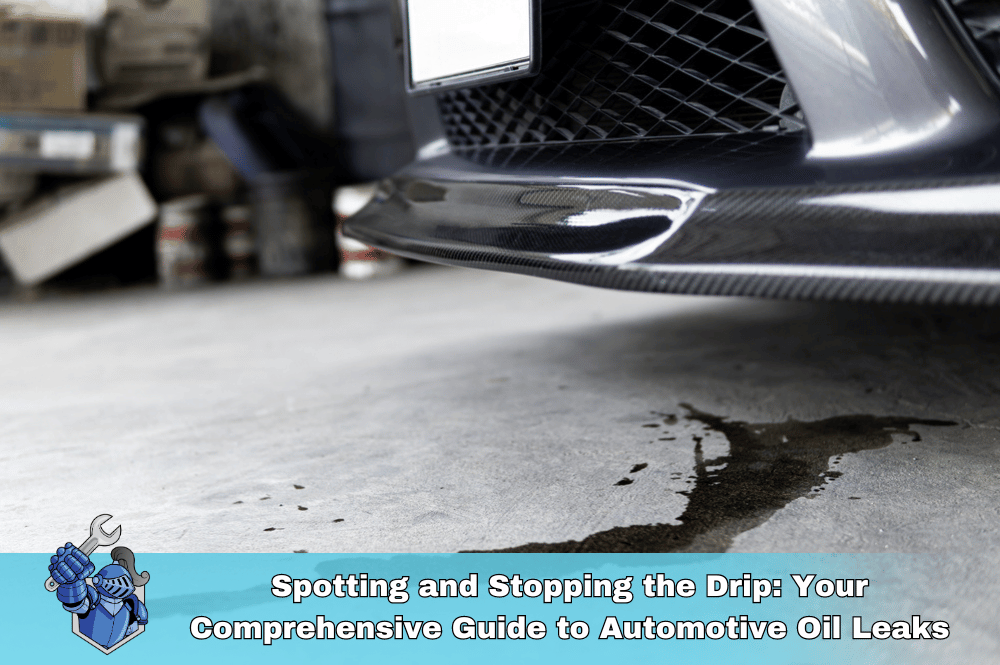 Spotting and Stopping the Drip: Your Comprehensive Guide to Automotive Oil Leaks
Spotting and Stopping the Drip: Your Comprehensive Guide to Automotive Oil Leaks How Many Miles Can an Engine Really Last? The Definitive Guide
How Many Miles Can an Engine Really Last? The Definitive Guide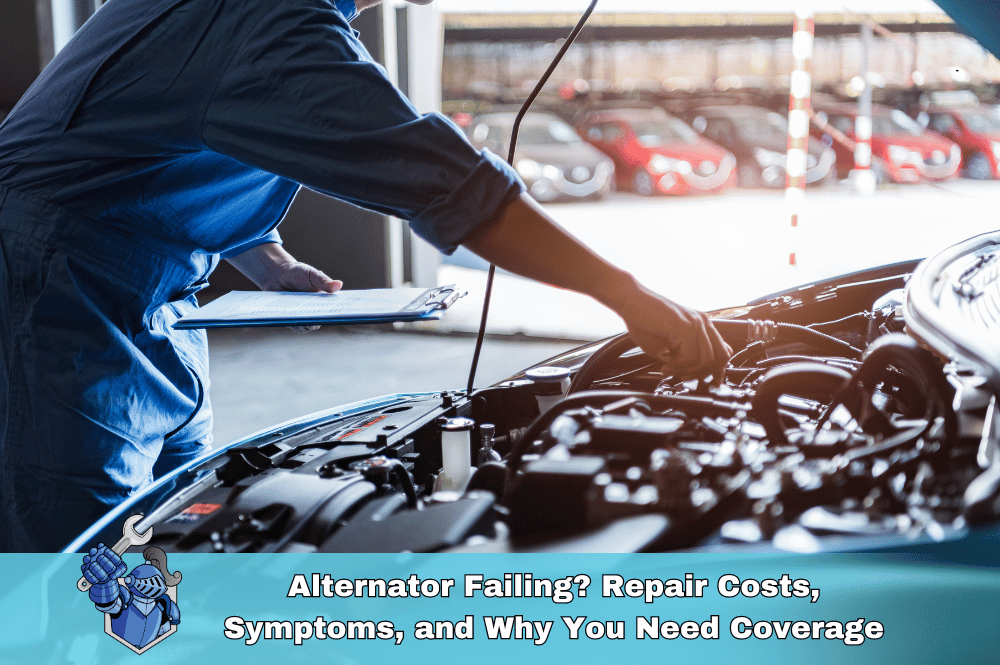 Alternator Failing? Repair Costs, Symptoms, and Why You Need Coverage
Alternator Failing? Repair Costs, Symptoms, and Why You Need Coverage How to Replace Your Car Key Battery Tips Costs and More
How to Replace Your Car Key Battery Tips Costs and More The Essential Guide to Car Maintenance: How to Keep Your Vehicle Running Smoothly
The Essential Guide to Car Maintenance: How to Keep Your Vehicle Running Smoothly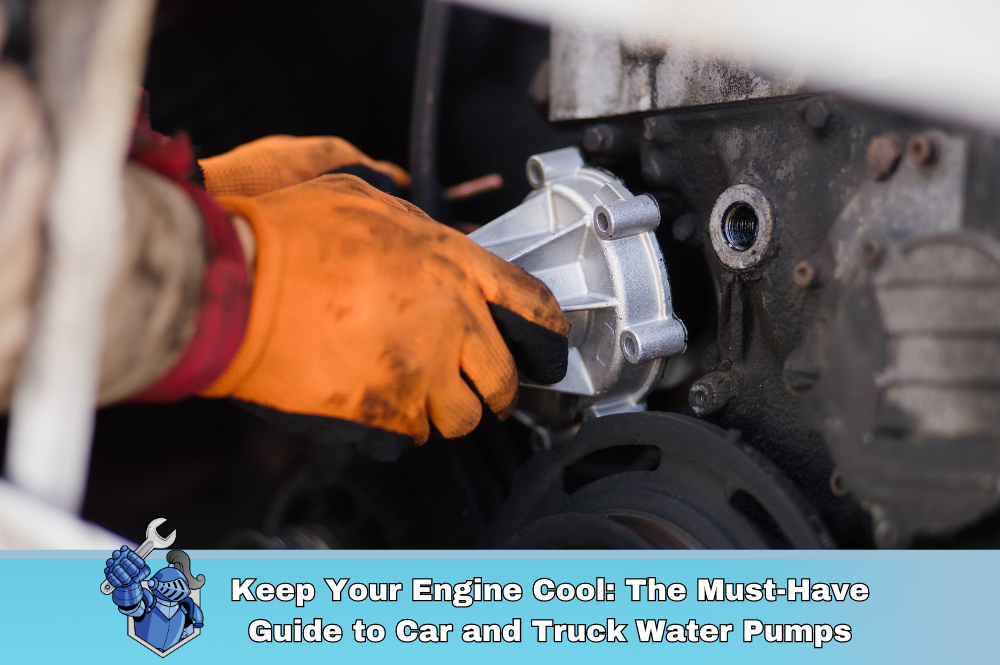 Keep Your Engine Cool: The Must Have Guide to Car and Truck Water Pumps
Keep Your Engine Cool: The Must Have Guide to Car and Truck Water Pumps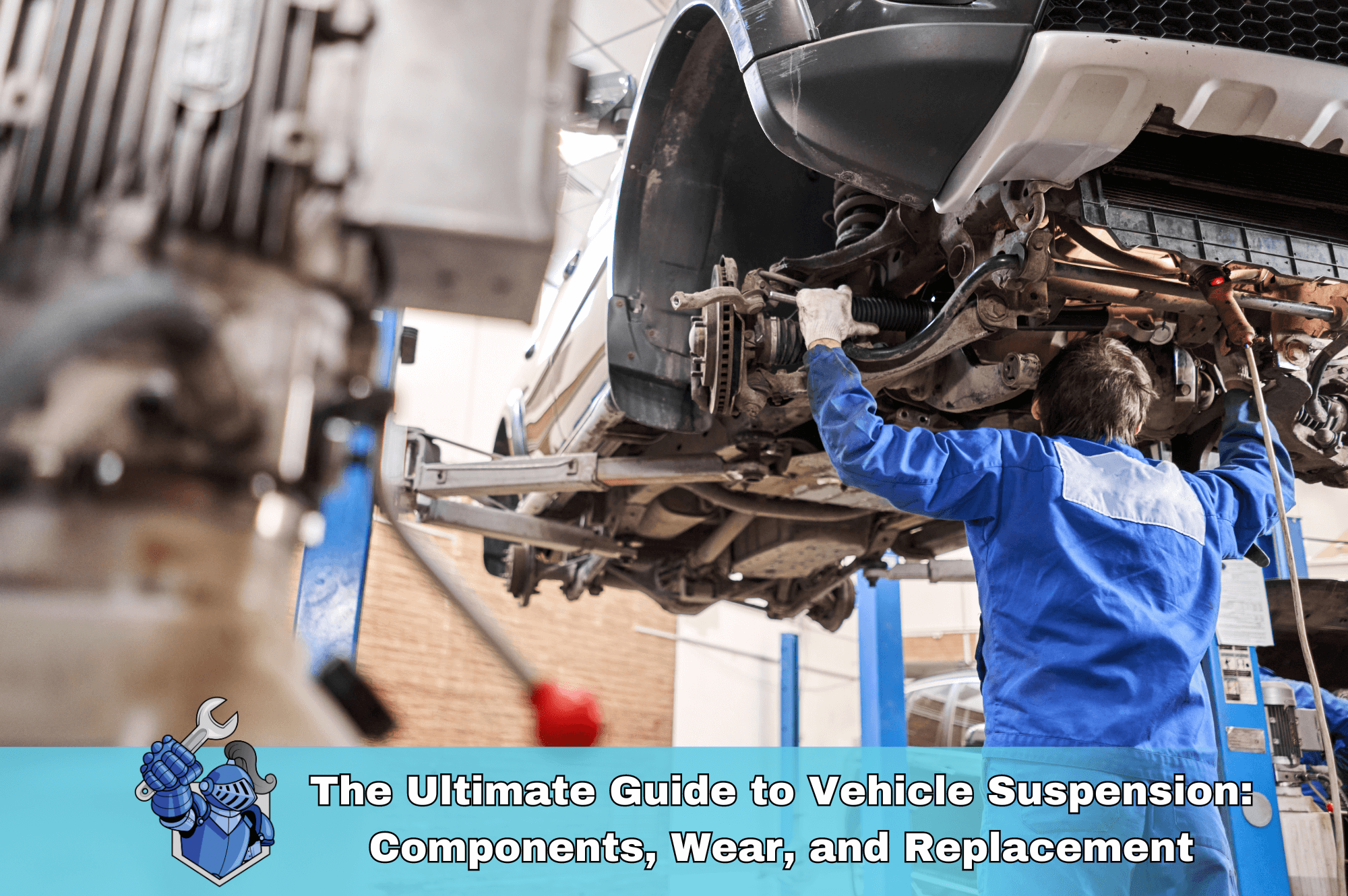 The Ultimate Guide to Vehicle Suspension: Components, Wear, and Replacement
The Ultimate Guide to Vehicle Suspension: Components, Wear, and Replacement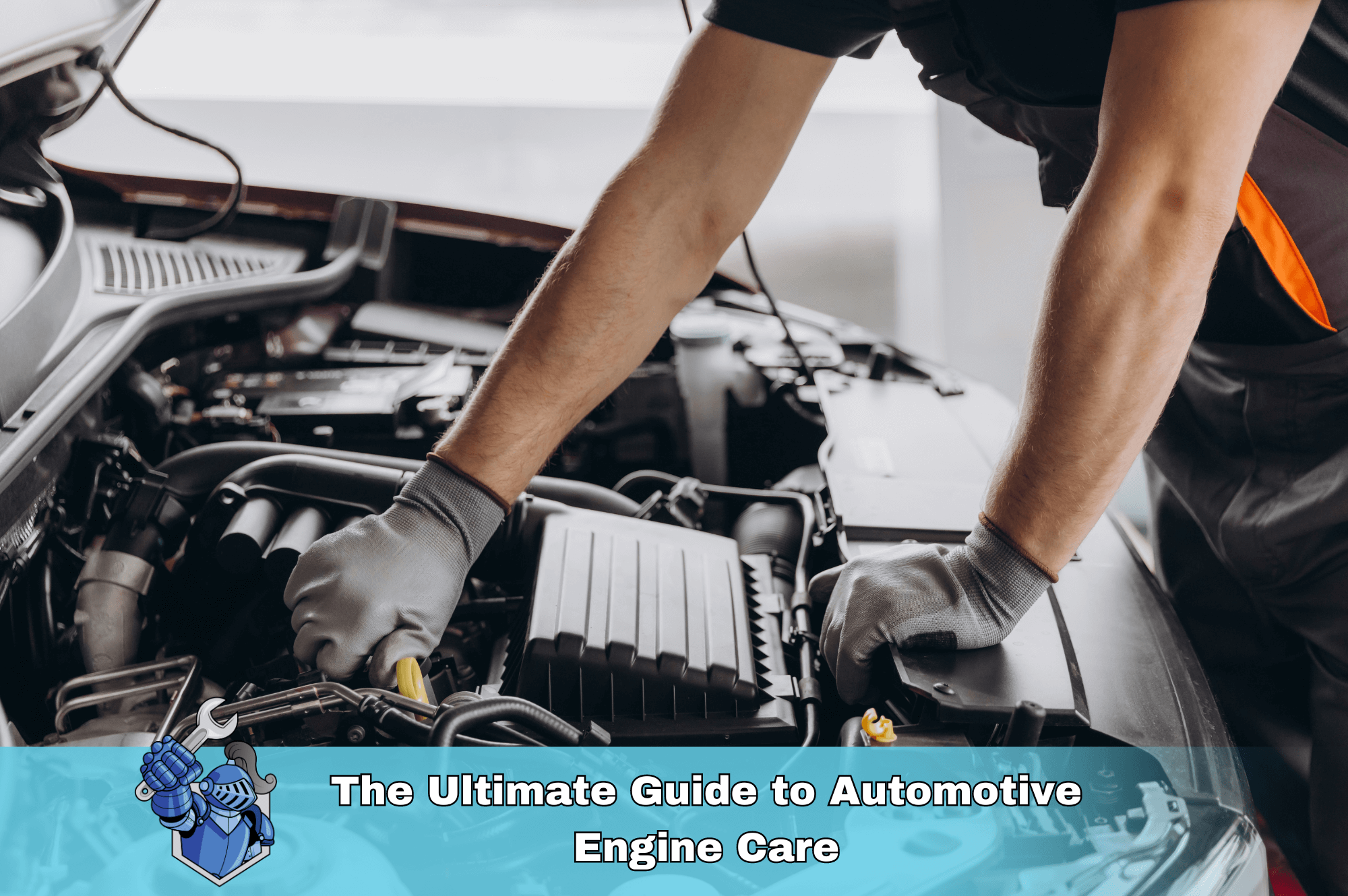 The Ultimate Guide to Automotive Engine Care
The Ultimate Guide to Automotive Engine Care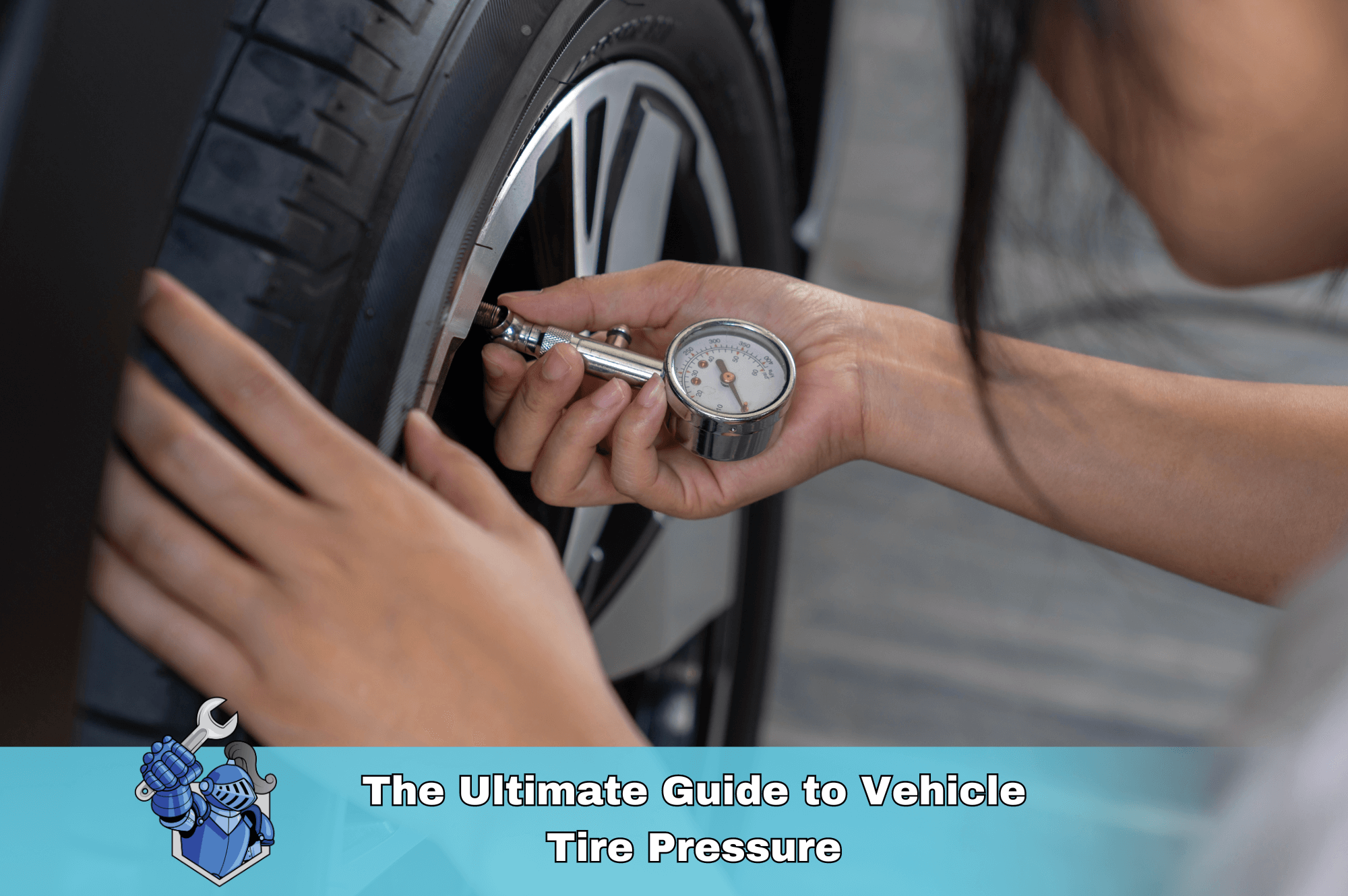 The Ultimate Guide to Vehicle Tire Pressure
The Ultimate Guide to Vehicle Tire Pressure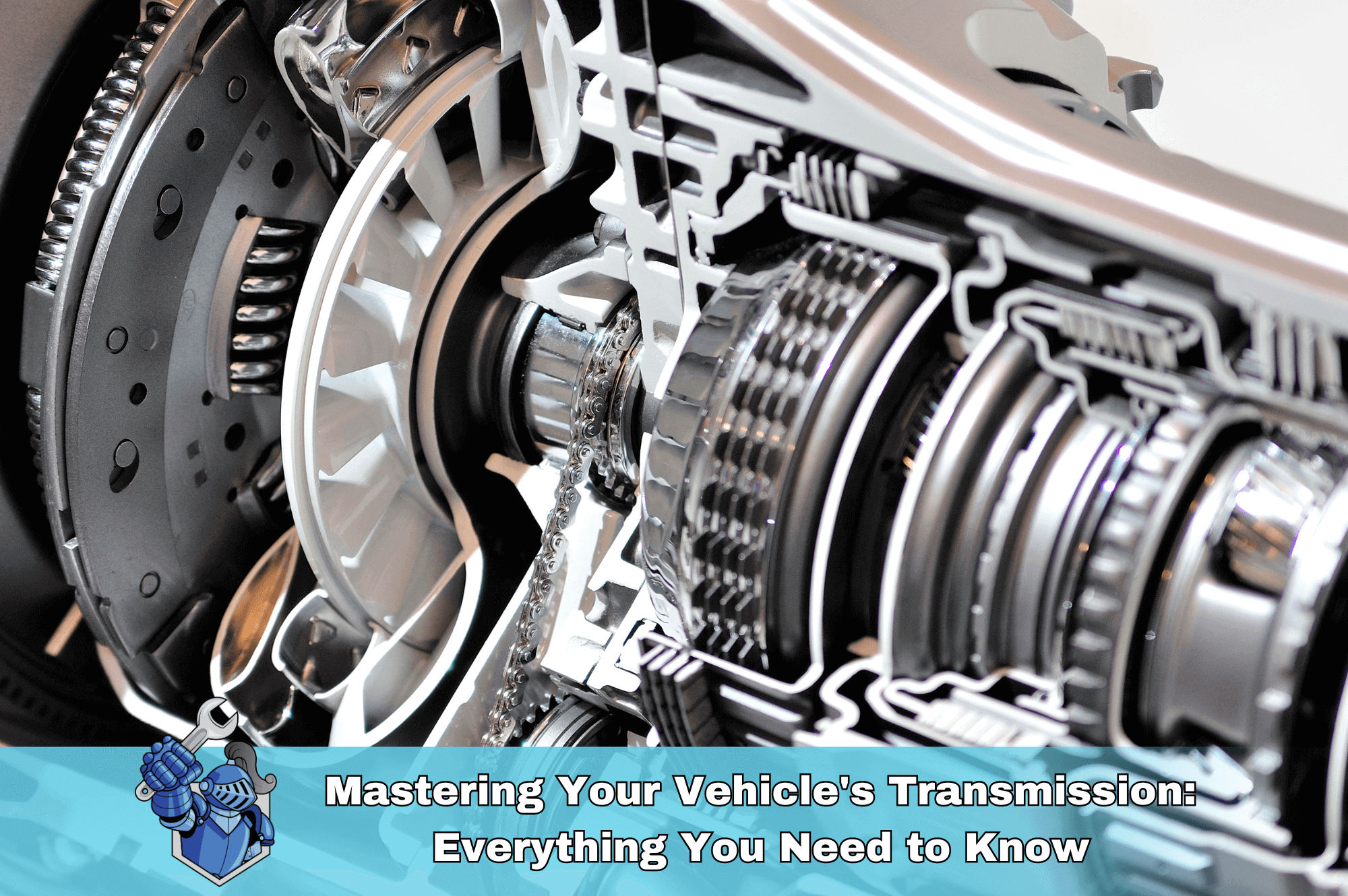 Mastering Your Vehicle's Transmission: Everything You Need to Know
Mastering Your Vehicle's Transmission: Everything You Need to Know Essential Tips For Care and Maintenance
Essential Tips For Care and Maintenance